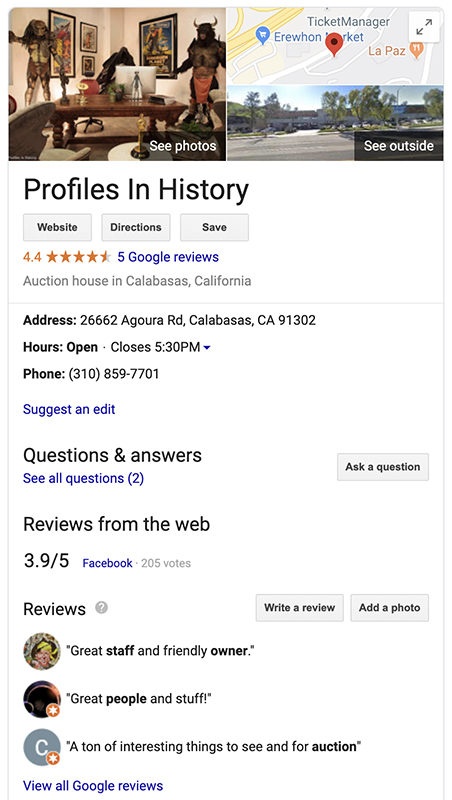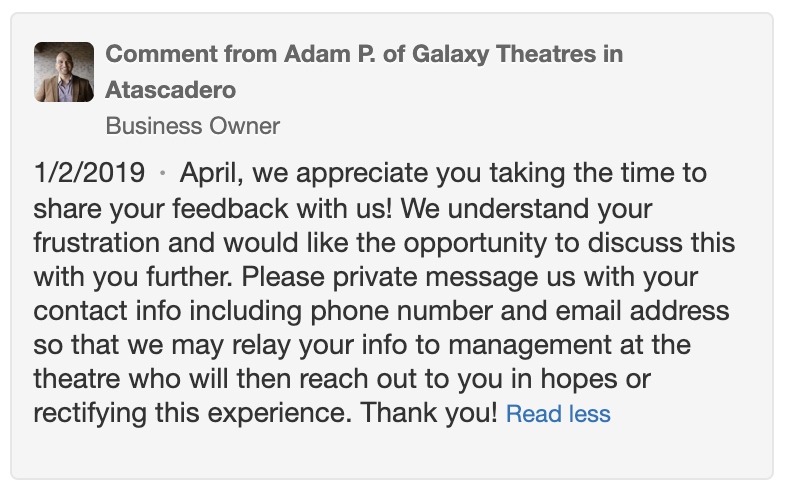How to Protect Your Brand’s Reputation on Social Media
Social media is a fantastic way to promote your brand and to connect with your community. It is one of the more prominent ways for your audience to understand how your brand is perceived. But with the rise of social media branding, there are many things to look out for when posting and interacting online. To help you understand the ins and outs, here are a few ways you can protect your social media brand reputation.
Create Guidelines
Having specific brand guidelines for you and your employees to follow when posting can help avoid any confusion or problems that might arise. These rules and guidelines can include, but are not limited to:
- Consistency – Keeping up your brand’s reputation is all about staying consistent. Whether that be in the style and design of postings, the brand voice and tone (ie. captions on posts, blog writings, brand announcements), or even the timing of posts and interactions.
- Engaging with your audience – When attempting to engage with your following, always use official brand accounts. Along with consistency, these engagements should coincide with the way your brand’s voice and tone come across.
- Having a social media team – There should only be a select few employees with access to the information of the brand’s accounts. This guideline helps to assure that your accounts are in good hands and no posts go unsupervised.

Keep Up to Date
Staying up to date with trends and controversies can help your brand to increase engagement and to stay out of trouble. One wrong comment can cause a major catastrophe when it comes to the internet. Always research and educate yourself and your team members on the latest happenings. Better to be safe than sorry!
Monitor and Connect with Your Community
Checking your insights for data can be extremely beneficial in understanding what your audience responds to best. If one topic receives more interactions than another, sit down with your team and compare the two to understand why that is and how you can implement the successful traits in later postings. Responding and connecting with your community can give valuable feedback in moving forward and building trust with your audience.

Responding to Crisis
Even some of the most well-known brands have had slip ups on their social accounts, knowing how to manage and deal with these problems is key to protecting your brand’s reputation. Finding social listening tools, or partnering with a social media agency team equipped for online reputation management, can notify you when you receive negative feedback and be extremely helpful in catching the problem early and to respond in a timely manner. Once a problem has arisen, the first step is to delete the post and to always release a sincere public apology. Never try to delete and ignore the issue!
Social media branding is a great tool for any company! It can seem overwhelming when first understanding how to correctly and safely manage the accounts but having a base level knowledge of where to start can boost your confidence immensely. Doing your research and following these simple steps and ideas can help your brand stay in the loop and keep up a good reputation.
Request a consultation with Bright Age to get the help you need today! Follow us on Facebook, Instagram, Linkedin, and Twitter to get insight updates.








